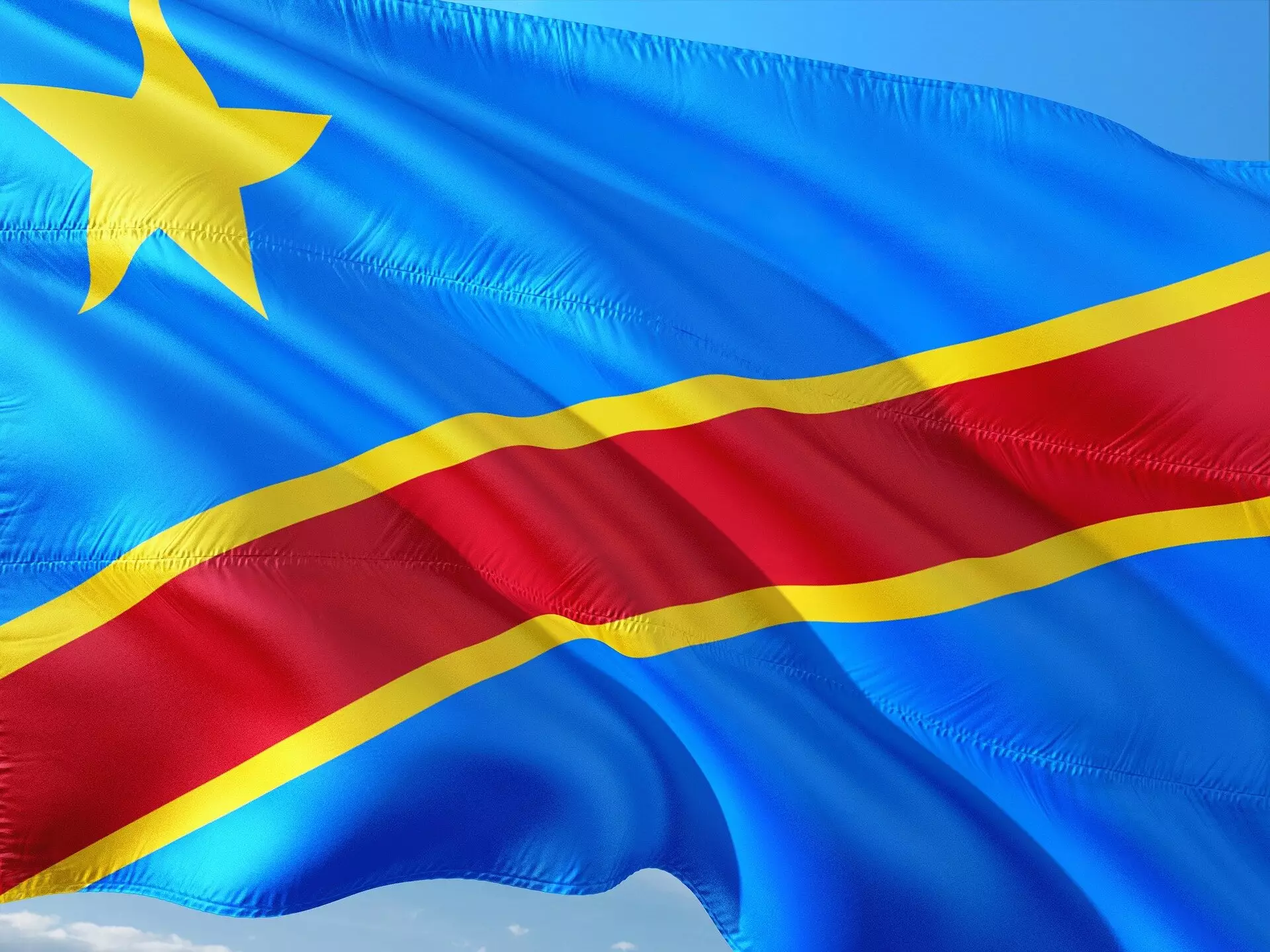The Democratic Republic of the Congo (DRC) stands out as a significant player in the intricate web of global mineral supply chains, particularly in relation to cobalt, a critical element for the modern energy transition. Although commonly depicted as a victim in the extraction narratives dominated by foreign powers such as China, the United States, and Europe, a deeper analysis reveals that the DRC possesses substantial leverage over its mineral resources. This unique position allows the DRC to play a crucial role in shaping the worldwide cobalt market, affecting both production and supply chains that are increasingly vital for energy storage technologies, particularly electric vehicles (EVs).
Cobalt, primarily used for battery production, is crucial for cutting-edge technologies like electric vehicles and renewable energy storage systems. As the leading global producer, responsible for approximately 70% of the world’s cobalt supply, the DRC’s mineral wealth places it in a unique position within international markets. Yet, the narratives surrounding the DRC often focus on external exploitation rather than the complex internal dynamics that influence these mineral industries. While it is undeniable that foreign entities, especially Chinese corporations, have significant stakes in the DRC’s cobalt resources, local political governance and decisions substantially impact the global cobalt landscape.
Research undertaken within both the DRC and China sheds light on these dynamics, illustrating how political actions and governmental control within the DRC can resonate throughout the entire battery supply chain. In particular, decisions made by local governance in cobalt-rich regions such as Lualaba province have demonstrated an ability to disrupt and realign global operations. For instance, the suspension of export licenses for a major Chinese-owned mine due to financial disputes showcases how the DRC’s local governance can halt a significant fraction of global cobalt production, emphasizing the potential agency of the DRC in the industry.
The DRC’s mining policies are largely orchestrated from its capital, Kinshasa, and various regional political environments; however, the power dynamics are not always linear. Local leaders can significantly influence production and marketing strategies. The 2022 intervention by Lualaba’s newly appointed governor to seize trucks transporting cobalt to pressurize Chinese firms highlighted an essential shift in regional priorities and governance. Such political maneuvers show that local stakeholders can directly affect both domestic and international mining operations.
Moreover, the DRC’s centralized policy approaches, such as the attempt to standardize artisanal mining contracts, are frequently stalled by local interests that resist encroachment from Kinshasa’s overarching policies. This tug-of-war between national interests, local autonomy, and foreign exploitation is central to understanding how the DRC navigates its position in global markets. The complexities surrounding artisanal mining illustrate that the interests of foreign corporations, local miners, and government policies are intricately intertwined, often resulting in conflicting objectives.
The Human Cost of Cobalt Mining
Despite the DRC’s significant influence over the cobalt market, the benefits of this wealth have not trickled down to the local populations. Approximately 74% of the DRC’s citizens continue to live in poverty, with minimal improvements to their living conditions despite the immense revenues generated by cobalt mining. Artisanal miners, who number around 150,000, are among the most vulnerable, often relegated to dangerous and unsanitary working environments. Reports indicate that miners face life-threatening hazards, including collapses in mining pits and exposure to toxic gases.
The exploitation is exacerbated by corrupt cooperatives and political hierarchies that siphon off a significant portion of the miners’ revenues. Tragically, the common sight of child labor in these mines is a grim reality reflecting not only the urgent need for better governance but also a deeper ethical dilemma in the cobalt supply chain.
As the global economy pivots towards renewable technologies, it is crucial for international stakeholders, particularly the US and China, to re-evaluate their partnerships with producer nations like the DRC. Rather than treating the DRC as merely a supplier of raw materials, there is a compelling case for meaningful collaborations that prioritize the well-being of local communities. This includes fostering localized supply chains, advocating for fairer trade agreements, and enabling more domestic mineral processing capabilities.
The DRC occupies a pivotal role in the global cobalt market, but the ongoing challenges that local communities face must not be overlooked. Policymakers, corporations, and concerned global citizens must recognize and address these complexities to ensure that the clean energy revolution benefits all stakeholders. By engaging with the DRC as a partner in sustainable growth, the international community can support a more equitable transition to renewable energy—one that truly includes the voices and interests of those who bear the burden of extraction.

